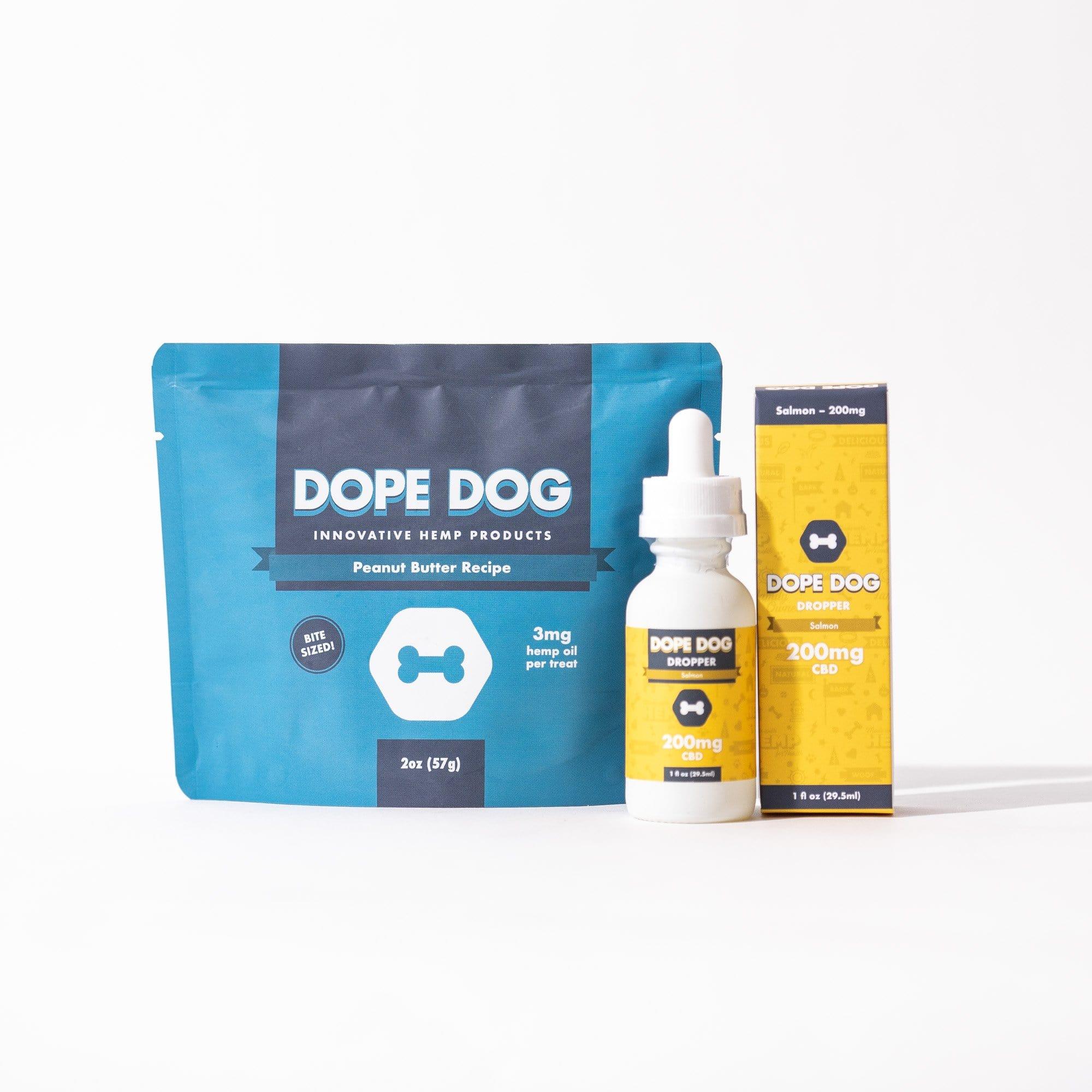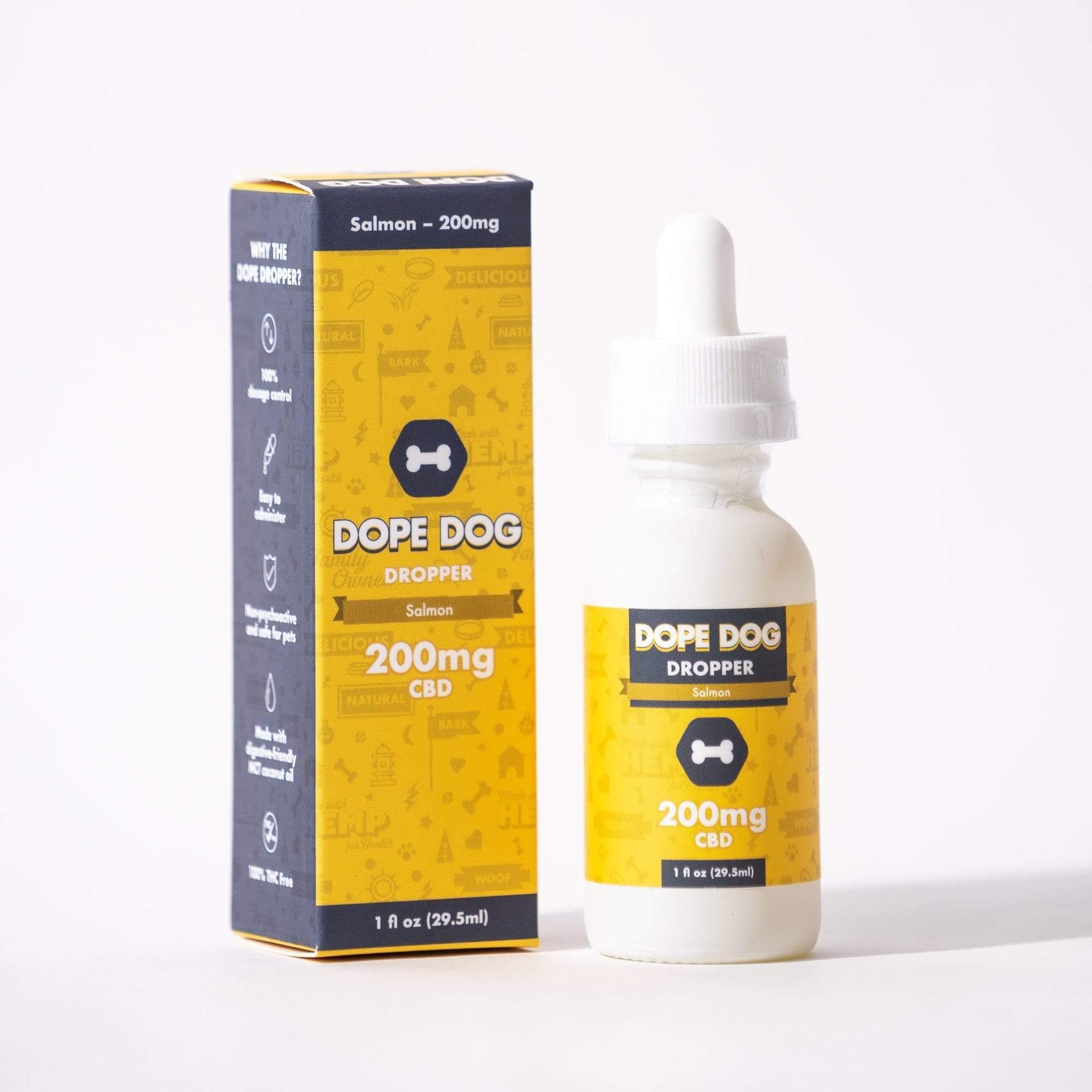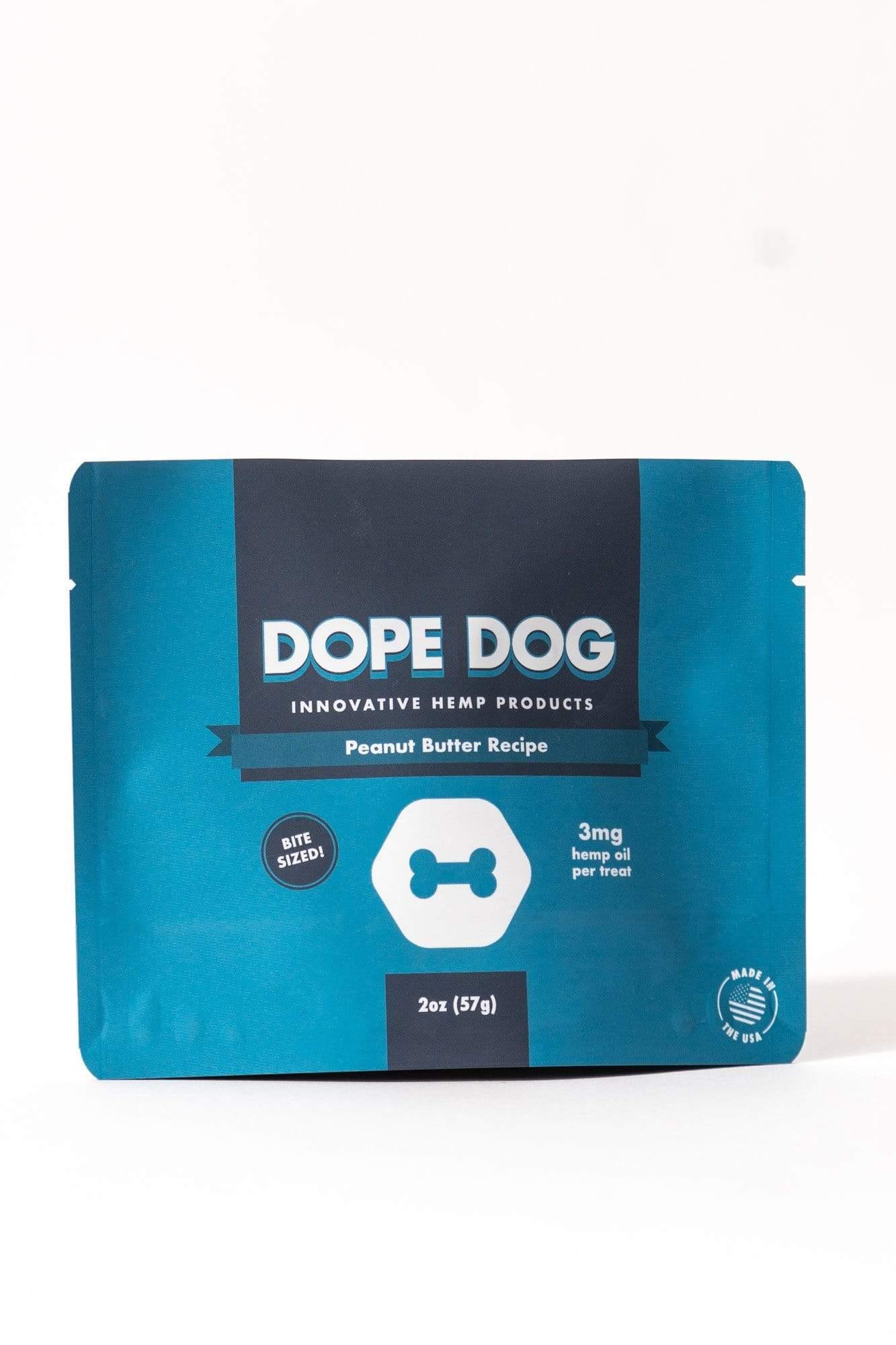It’s definitely terrifying to see blood coming out of your beloved dog's mouth, leaving you in panic mode. However, it’s essential to remain calm so you can think about how to help your furry friend. Also, There are a variety of reasons why your dog might be vomiting blood. Additionally, It’s vital to find the underlying cause so you can treat him effectively. Then, The first thing to do is to get your dog to the vet for a proper examination. Lastly, The faster your dog receives a diagnosis, the better his prognosis.
If your dog recently has severe symptoms of vomiting with potential bleeding, then it’s best to have some insight on what is going on before you visit the vet. Fortunately, we can provide you with all the information you need to point you in the right direction.
TABLE OF CONTENTS:
- What to Do If Your Dog Vomits Blood
- What is Hematemesis?
- Signs and Symptoms of Hematemesis
- Why is My Dog Throwing Up Blood?
- Chewing on Bones
- Ingesting Foreign Object
- Antifreeze
- Parvovirus
- Stomach Ulcer
- Bacterial Infection
- Food Allergy
- Blood Clot
- Parasites
- Cancer
- Bilious Vomiting Syndrome
- Stomach Inflammation
- Hemorrhagic GI Issues
- Take Home Message
Related: CBD Oil for Dog's with Cancer
WHAT TO DO IF YOUR DOG VOMITS BLOOD
If you suddenly walk into a room with bloody vomit on the ground and your dog looks extremely sick, then the first thing to do is to:
- Stay calm. The more you panic, the worse your dog gets.
- Gather information to tell the vet.
- You’ll want to tell your vet the information below when you call:
- The color of blood. Use thisDog Vomit Color Guide for reference.
- Any new trauma to the mouth including new bones or play sessions
- Dietary changes
- Dietary indiscretion
- Take photos of the bloody vomit. You can grab your iPhone or camera and take a picture of the vomit.
- Collect a sample for the vet. Grab a plastic bag and wipe the vomit in there and seal it up.
You want to provide the vet with as much information as you can so they can diagnose this rapidly. If the vomiting happens multiple times in a day or for more than one consecutive day, you should call your vet now.
Check out our CBD Dog Treats and Oil
SIGNS OF A MORE SERIOUS PROBLEM
SIGNS OF A MORE SERIOUS PROBLEM WILL INCLUDE OTHER SYMPTOMS SUCH AS:
- Changes in urination
- Changes in thirst
- Loss of appetiteBlood in stool
- Diarrhea
- Severe lethargy
- Collapse
- Pale or white gums
- Abdominal pain
- Sudden weight loss
At this moment, you want to take your dog to the vet as soon as possible. You can make a phone call to your regular vet to see if they have an opening or not.
If they don’t or that the clinic is closed, you can try the emergency veterinarian clinic. These vet clinics are often open 24 hours and do not require a scheduled appointment.
Definitely bring your dog there and while you’re at the office waiting, grab a pen and paper and jot down:
- Any changes in your dog's diet or lifestyles such as new interaction
- Moving homes
- Modification of food brand
That way, you can provide the veterinarian with accurate and detailed information during the interview and examination.
Hematemesis is the medical term for vomiting blood, and there are a wide variety of causes to the symptoms. When you see your dog vomiting blood and bile, this might indicate that the esophagus or the GI system has suffered severe irritation or trauma. Irritation and inflammation of the colon or intestines can result in the expulsion of blood through the vomit.
Another cause might be the ingestion of foreign objects, leading to injury of the stomach lining, esophagus, lungs, mouth, and other organs. Overall, the cause of dogs coughing up blood depends on the source of the problem, and your dog needs to have a proper physical examination.
SIGNS AND SYMPTOMS OF HEMATEMESIS
The first signs and symptoms of hematemesis is a forceful vomit and the location of blood in the vomit. It’s essential to take note of the color of the blood. If your dog is coughing up bright red blood, this indicates recent fresh blood. If it’s dark blood or clots, the damage is a gradual process that has probably been happening for a while.
The most common cause of darker blood is a stomach ulcer. Dogs might also vomit pink tinged blood or cough up bloody mucus. Whatever the case is, it’s vital for your companion to get a blood test, physical examination, and imaging test to find the underlying cause.
WHY IS MY DOG VOMITING UP BLOOD?
Blood in the vomit does not have to be something serious. For example, if your dog was playing with another dog or chewing on a bone, he could experience a cut in the mouth. This could result in some blood in the vomit. However, if this is a sign of internal bleeding, then that could be a severe problem.
If the source of the problem is located in the esophagus, then you will witness fresh, bright, and red coloration. Other possible sources are the mouth, stomach, and other areas in the upper GI tract. If the blood is darker or appear black, then this means that the blood has already been partially digested and the bleeding has been ongoing for quite a while. Plus, dark blood might have a pungent odor to it. Whatever the diagnosis is, pet owners must bring their dog to the vet for a check-up. It's a good idea to take a picture of the vomit and provide the details to your vet. This can lead to an accurate and speedy diagnosis.
CHEWING ON BONES

Rawhide is a common type of bone that owners often give to their dog for chewing purposes. It’s dangerous to give rawhide to your dog because it can expand and obstruct your companion's digestive tract if swallowed, in turn causing bleeding. If the bone that your dog is chewing on suddenly shatters, the sharp pieces can damage the lining of your dog's mouth or get into the stomach and cause inflammation. The sharp object can potentially injure the esophagus, intestines, or stomach. This can lead to peritonitis, which is the inflammation of the stomach lining.
Peritonitis can also occur when bacteria and other toxic substance seep through the hole of the intestine to cause severe life-threatening symptoms. If you witness your dog vomiting blood after eating a bone, it could be a simple cut in the mouth or that tiny fragments could get stuck in their throat, stomach, or esophagus. Whatever the case is, it’s best to keep an eye on him. If you see a cut on the throat, then that might not be as dangerous as you might think it is and If the dog continues to forcefully vomit and is having severe abdominal pain, then that might indicate an issue in the stomach. However, If the dog is having trouble breathing and is continuously vomiting blood along with severe retching, then it may be the esophagus.
Related: Does CBD Oil Help With Dogs With Allergies
INGESTING FOREIGN OBJECT
Dogs love to eat anything from the ground. They don’t care what it is; they will put it in their mouth and eat it. One of the most common sources of blood in the vomit is ingesting something that they shouldn’t eat. This is especially true for dogs getting into the trash can. For example, tennis balls, jewelry, socks, or anything can upset the stomach and cause hematemesis. If your dog has ingested something poisonous like garlic or toxic chemicals, they may start vomiting blood like crazy.
ANTIFREEZE
It is a known fact that 3 ounces of antifreeze is enough to kill a medium-sized dog.
Antifreeze is extremely deadly and life-threatening. They are liquid drainage often found in the bottom of the kitchen cabinet. Sometimes when your dog is exploring for food in the kitchen, they might accidentally ingest some antifreeze. The problem with this is that antifreeze has a very sweet taste to it so your companion might find this quite appetizing. If you see an open bottle, it’s time to bring Fido to the vet to induce vomit or take medication to flush out the antifreeze.
PARVOVIRUS
Parvovirus is extremely deadly and contagious for dogs. They would have symptoms of severe vomiting and diarrhea. This can easily cause dehydration and loss of electrolytes. When you observe blood in the vomit, it’s essential to call the veterinarian right away. Unfortunately, there is no cure for parvovirus. However, with aggressive emergency treatment, your four-legged friend might be able to survive. Then again, the chances of survival are significantly lower if there’s blood in the vomit.
STOMACH ULCER
If the blood in the vomit looks like coffee grounds or is dark and tarry, this may be a sign of a stomach ulcer or bleeding in the stomach. Stomach ulcers can be extremely painful and are caused by excessive acid from the G.I. system eroding the mucosal lining of the stomach.
When this happens, the dog will experience severe bloody vomiting or bloody diarrhea. It is challenging to treat stomach ulcers, but with the proper diagnosis from the veterinarian, they can initiate an effective medication to treat your dog. The main treatment method would be to reduce the stomach acid with a proton pump inhibitor medication.
Do you need something to help soothe your dog’s stomach? Shop Dope Dog’s CBD oils and dog treats.
Related: Relieve your dog's anxiety
BACTERIAL INFECTION
Poisoning from salmonella, campylobacter, clostridia, or E. coli can result in severe bloody vomit. The bacteria infection can also cause fever, upset stomach, diarrhea, fatigue, loss of appetite, and much more. This would require expertise from the veterinarian to diagnose and to provide the proper treatment.
FOOD ALLERGY

Dogs can have a hypersensitive reaction to a specific type of food. That is why it’s important to slowly and gradually switch food brands to look for potential allergies. Sometimes an allergic reaction can be very severe to the point that your dog may vomit blood.
In addition, food allergies can also cause bloody diarrhea and abdominal pain. Foods with byproducts, grains, and lactose are commonly known to cause bloody vomit. If you look at the ingredients and notice particular sweetener, flavoring, or preservatives, it’s essential to be very cautious. As a preventative measure, look for dog food and treats with minimal additives and even human-grade ingredients, preferably prepared in small batches.
Other ingredients like dairy, eggs, corn, wheat, and fish might be problematic for dogs with a sensitive stomach. Unfortunately, it’s hard to determine what your dog is allergic to, so you may end up playing the trial and error game. The process of elimination method could be very costly and dangerous to your pup. That is why, it might be a good idea for your veterinarian to diagnose food allergy with a skin, saliva, or blood test to pinpoint ingredients to which your dog might not react well.
Related: Top 10 Best Fruits Safe for Dogs
BLOOD CLOT
If your dog has an underlying blood clotting disorder, it could lead to internal bleeding, which will result in bloody vomit. This occurs commonly in dogs suffering from cancer or liver failure. Another thing to keep in mind is that if your dog is exposed to toxins and pesticides, it could affect their blood clotting ability, therefore, making them susceptible and prone to bleeding. When that happens, they could start having abdominal pain and vomiting with a significant amount of blood.
Related: How to Help Your Dog Lose Weight
PARASITES

Parasites like hookworm can destroy the lining of the intestine by attaching themselves to the inner walls and absorb the blood and nutrients from your dog. If there is a significant number of the parasite in the intestinal system, the dog will start vomiting blood.
CANCER
If your dog is diagnosed with cancer in the stomach, he may experience signs and symptoms of bloody vomit, abdominal pain, fever, weight loss, fatigue, and diarrhea. Esophageal tumors can also result in bloody vomit. However, in order to know the underlying cause, you will need to bring Fido to the vet.
BILIOUS VOMITING SYNDROME
If you forgot to feed your dog for a long time, the build-up of bile can irritate the lining of the G.I. tract. This can lead to specs of blood in your dog’s vomit as well as yellow or green bile.
STOMACH INFLAMMATION
A variety of factors can cause stomach inflammation. Constant stomach acid or infection can disrupt the lining of the stomach. This can result in severe inflammation, swelling, pain, and irritation, which can lead to bloody vomit. If your dog suffers from a metabolic/endocrine disorder, autoimmune disease, or high stomach acid environment, then it could cause some severe retching and bloody vomit.
HEMORRHAGIC GI ISSUES
If your dog has experience both bloody diarrhea and vomiting, then there might be a chance that he has hemorrhagic GI issues. The symptoms occur due to the bile and mucus accumulation that disrupt the lining of the G.I. system. This can be extremely dangerous for small dogs because the symptoms can cause severe dehydration and kidney failure.
TAKE HOME MESSAGE
Seeing blood in your dog's vomit is never a good thing, so it's best to bring him to the vet immediately. You want to make sure that dangerous diseases are eliminated. If the issue is life-threatening, you want to ensure that your canine companion gets help quickly so it can increase their chance of survival.
With all this in mind, we hope that the information that we have provided can bring insights on interpreting vitals hematemesis, and what to do if your pet gets it.
Dope Dog is a premier provider of high-quality CBD oil products for pets. Our customers love our products for a variety of reasons. You can read their testimonials about how CBD has helped their dogs.
Are you interested in CBD oil products for your dog? Shop Dope Dog’s all-natural CBD oil products.
Related: What You Need to Know About Hot Spots on Dogs


![Why is My Dog's Ear Swollen? [MUST KNOW!]](http://dope.dog/cdn/shop/articles/tim-higham-QxDXORRktWE-unsplash-555717.jpg?v=1697236049&width=1536)















